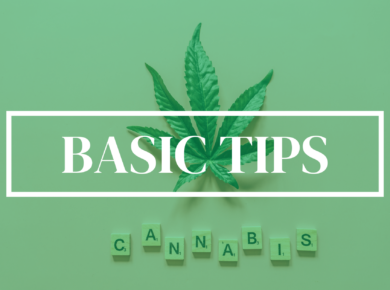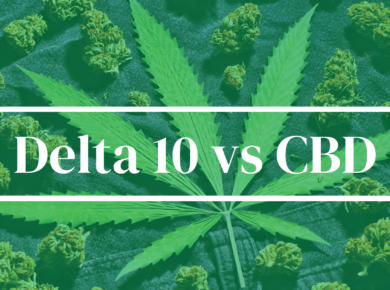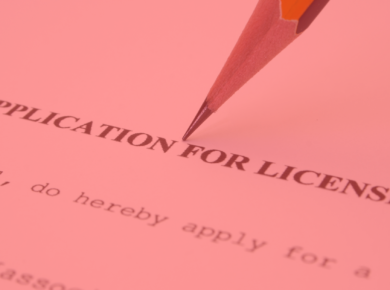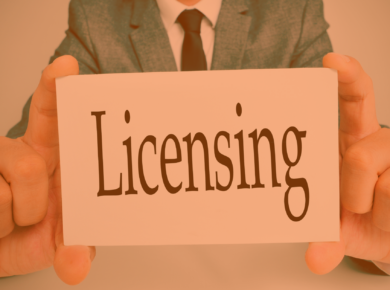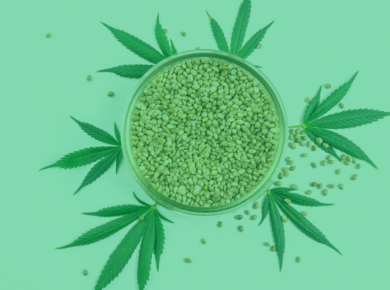Delta 8-THC and CBDV, also known as Cannabidivarin, are two distinct cannabinoids found in hemp and cannabis plants. Their unique properties and interactions set them apart, making them essential subjects of interest.
Delta 8-THC, a cousin of the more famous Delta 9-THC, is renowned for its slightly euphoric effects. It interacts with the CB1 receptors in our brain, providing a calmer and clearer experience than its Delta 9-THC counterpart.
On the contrary, CBDV is a non-psychoactive cannabinoid, much like CBD (Cannabidiol). Instead of providing a ‘high’, CBDV communicates with CB2 receptors found in various parts of our body, including the immune and peripheral nervous systems.
When it comes to the fundamental difference between Delta 8-THC and CBDV, it boils down to their psychoactive nature and receptor affinity. While Delta 8-THC offers a mild euphoria and binds with CB1 receptors, CBDV is non-psychoactive, engaging with CB2 receptors. Their unique interactions and resulting effects within the body are what make them so fascinating.
Remember, the legal status of these cannabinoids can fluctuate based on your geographical location. Always ensure you’re familiar with local laws before acquiring or using cannabinoid products. Many States allow hemp derived cannabinoids under the 2018 Farm Bill as long as they contain less than .3% D9 THC. Some States have explicitly banned cannabinoids like Delta 8, so check your local rules and regulations before purchasing.
Here’s the rules for Kush.com and more details
Frequently Asked Questions (FAQs)
- What Are Delta 8-THC and CBDV?
- Delta 8-THC is a minor cannabinoid present in the hemp plant, akin to Delta 9-THC, the primary psychoactive compound in cannabis. CBDV, or Cannabidivarin, is another non-psychoactive cannabinoid in hemp, closely resembling CBD.
- How Are They Extracted From the Hemp Plant?
- Both cannabinoids are primarily extracted using the CO2 extraction technique, wherein pressurized carbon dioxide effectively isolates the desired compounds from the plant.
- What’s the Legal Standing of Delta 8-THC and CBDV?
- In the U.S., products derived from hemp are federally legal if they have less than 0.3% Delta 9-THC. However, Delta 8-THC might have specific restrictions in some states. CBDV, when sourced from hemp, is generally legal.
- How Do Delta 8-THC Effects Measure Up Against CBDV?
- While Delta 8-THC exhibits psychoactive properties, they’re subtler than those of Delta 9-THC. In contrast, CBDV is non-psychoactive. Individual experiences might differ based on personal body chemistry and product potency.
- Can You Use Delta 8-THC and CBDV Concurrently?
- Absolutely! Many individuals believe that blending cannabinoids can amplify the overall experience. Begin with a minimal dose and adjust as required. Always seek advice from a trusted expert before trying new hemp products.
Shop
Similar Product Searches You Might Be Interested In:
